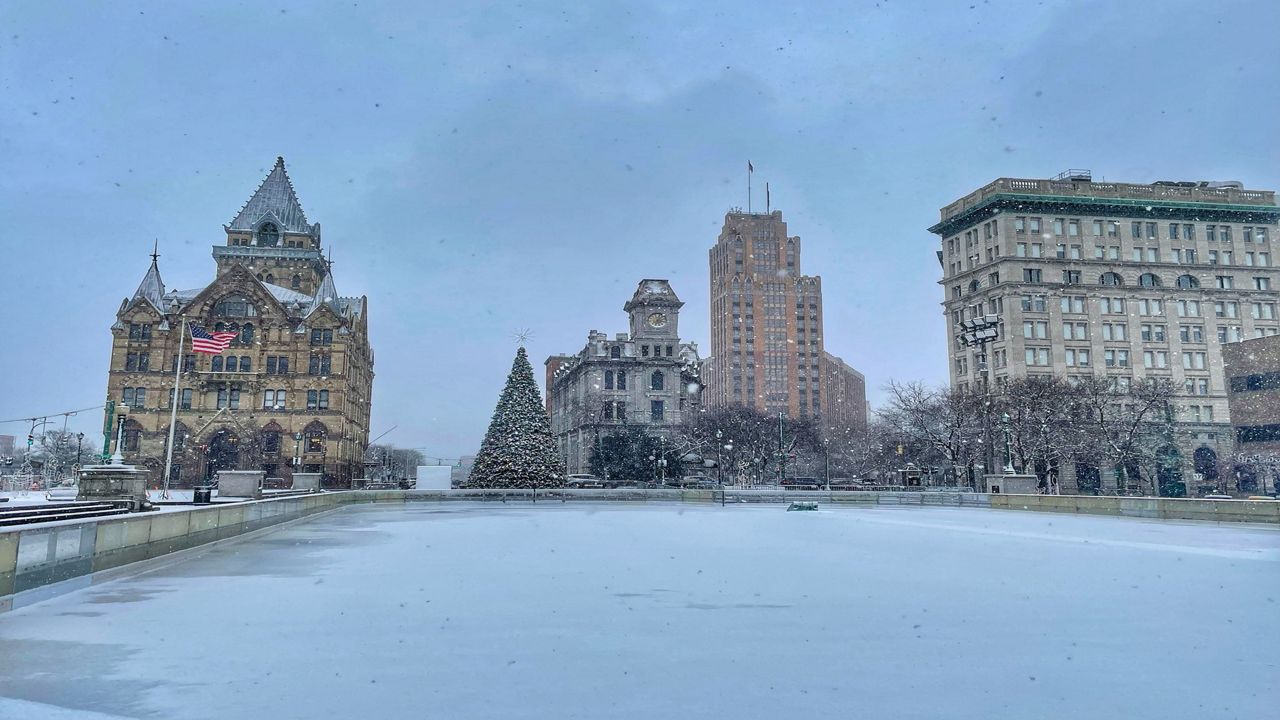As the school year comes to a close, Spectrum News is highlighting the life of one education pioneer -- Marjorie Carter. She is the first African American teacher in Syracuse
"Oh I know what they were, trillium," said Carter.
A trillium is a rare flower with three petals, three leaves and it only blooms in spring. Marjorie Carter's sixth grade teacher taught her about the plant. It’s what led the now 92-year-old to teaching.
"She was talking about them and talking about them and other things. I just decided, 'You know I want to do that,'" said Carter.
Carter is born and raised in Syracuse and attended college at SUNY Cortland. After graduating from Cortland, Carter returned home to Syracuse, ready to marry that summer and begin her career.
In doing so, she became the first African American teacher in Syracuse.
"I didn't even think about it,” Carter said. “It was many years later that I thought about it, but I didn't think about it at that point because my thought was I needed to do the very best that I possibly could because I had all of these little faces in my classroom and they were eager to learn. I was eager to teach.”
She began teaching at the former Charles Andrew Elementary School in a position her superintendent thought was best.
"He said what about first grade and I said absolutely not. That needs an experienced teacher. That's the most important grade there is," said Carter. "Guess what grade I had."
She had the first grade.
"I had 36 kids my first year," said Carter.
It would be years before Carter saw diversity in staffing and amongst her students. It was an indication of change.
"I'd been teaching maybe three or four years before I had my first black child in a classroom and I was going 'Oh. Look at that,'" said Carter.
Not only was Carter the first Black teacher in the City of Syracuse, but she was also the first Black President of the Syracuse Teachers Association and the only one thus far.
Carter said, "I hadn't thought about it at the time and again it was much later that someone pointed it out publically that if it hadn't been for me, she wouldn't be in Syracuse and would not have been the Superintendent."
After 40-years in the schools, Carter retired. However, her love for teaching was still there, so she became a docent at the Everson Museum for 25 years educating thousands more.
"I just kept on going and kept on doing with them, to them and for the,” said Carter. “Knowing that I was able to teach kids and kids are doing something with that education, that makes me feel very proud," said Carter.








